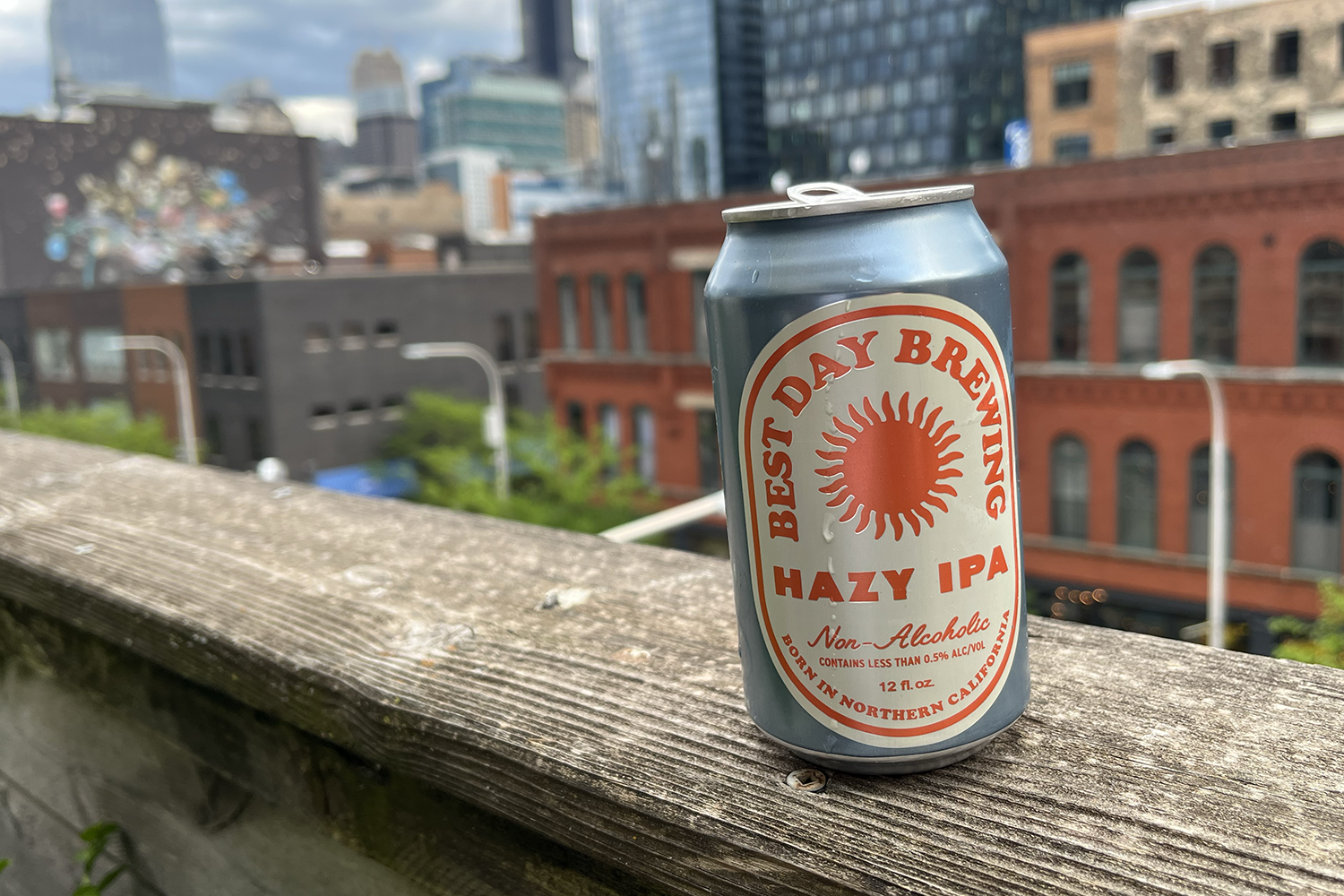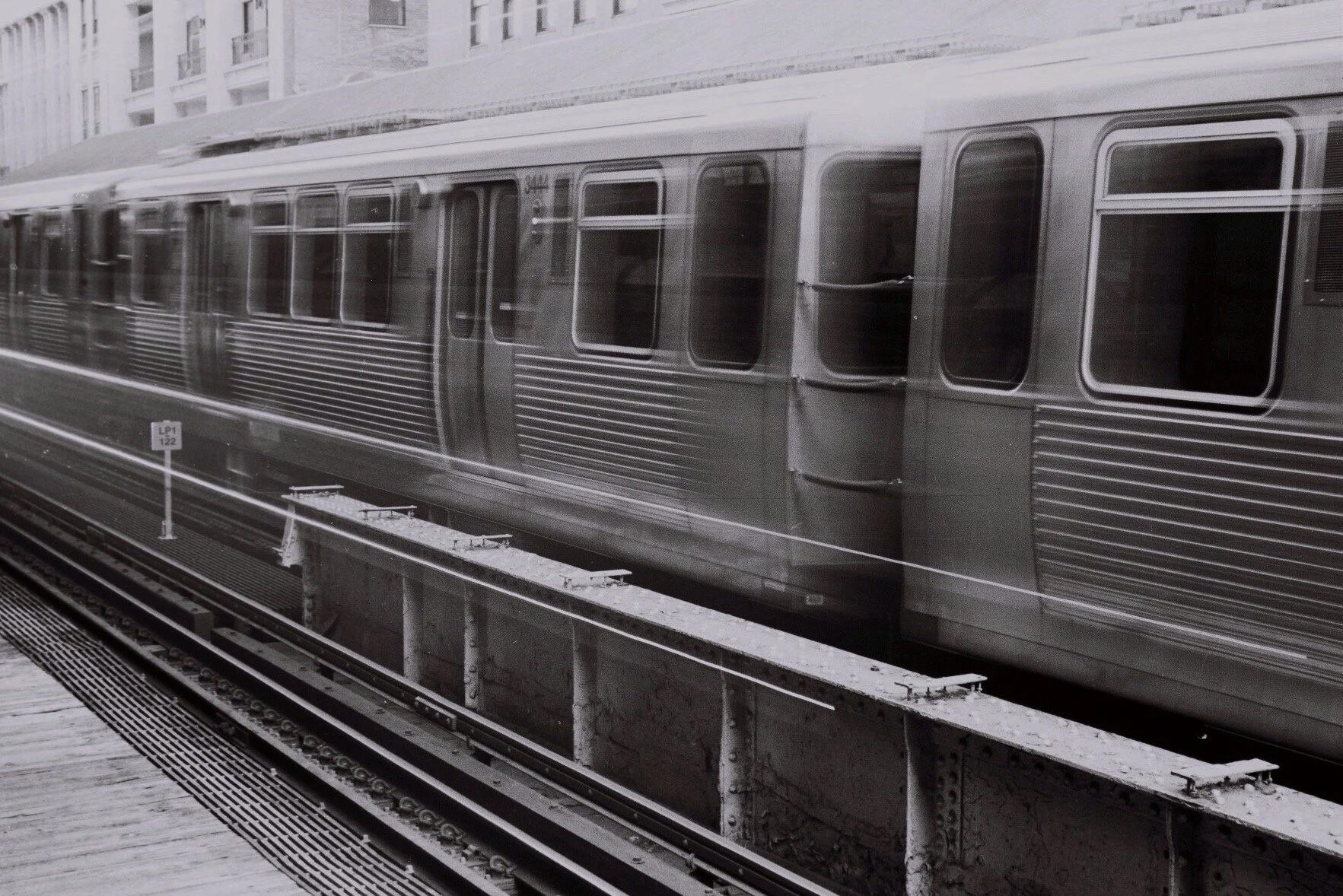Nonalcoholic beverages are on the rise
In recent years, the beverage industry has seen a significant shift as non-alcoholic options gain popularity among consumers seeking healthier lifestyles. This trend reflects a broader societal movement towards wellness and mental health awareness.
A Market on the Rise
The global non-alcoholic beverage market is experiencing robust growth. Valued at approximately $1.32 trillion in 2024, it is projected to reach around $2.68 trillion by 2034, growing at a compound annual growth rate (CAGR) of 7.34%. In the United States, the no-alcohol market is expected to grow by 18% in volume CAGR from 2024 to 2028, with the total market approaching $5 billion by 2028. This surge is driven by a combination of factors, including increasing health consciousness, the rise of the "sober curious" movement, and a growing demand for sophisticated non-alcoholic alternatives that cater to adult palates.
The Health Implications of Alcohol Consumption
While moderate alcohol consumption has been socially accepted, research indicates that excessive drinking can have detrimental effects on mental health. Alcohol is a depressant that can interfere with the brain's chemical balance, leading to increased feelings of depression and anxiety over time. Regular heavy drinking is linked to symptoms of depression, and individuals with depression who reduce or eliminate alcohol intake often experience improvements in mood.
Moreover, studies have shown that people with common mental disorders, such as depression and anxiety, are twice as likely to report an alcohol use disorder compared to those without such conditions. This bidirectional relationship underscores the importance of addressing alcohol consumption in the context of mental health.
Non-Alcoholic Beverages: A Healthier Alternative
The rise of non-alcoholic beverages offers consumers an opportunity to enjoy social rituals without the negative health impacts associated with alcohol. These alternatives often contain fewer calories, reducing the risk of weight gain and associated health issues. Additionally, non-alcoholic options can improve sleep quality and cognitive function, as they avoid the disruptive effects of alcohol on sleep patterns and brain health.
The market now includes a diverse range of products, from alcohol-free beers and wines to sophisticated mocktails and functional beverages infused with adaptogens and nootropics. This variety caters to consumers seeking both health benefits and enjoyable taste experiences.
The Role of Younger Generations
Millennials and Generation Z are at the forefront of the shift towards non-alcoholic beverages. Studies indicate that these demographics are more likely to prioritize health and wellness, with many choosing to reduce or eliminate alcohol consumption in favor of alternatives that align with their lifestyle goals.
This generational change is influencing market trends, prompting beverage companies to innovate and expand their non-alcoholic offerings to meet the evolving preferences of younger consumers.
The growing popularity of non-alcoholic beverages reflects a broader societal emphasis on health, wellness, and mental well-being. As consumers become more aware of the potential negative impacts of alcohol on mental health, the demand for healthier alternatives is likely to continue rising. This trend not only benefits individual health outcomes but also presents opportunities for the beverage industry to innovate and cater to a more health-conscious market.
By embracing non-alcoholic options, consumers can enjoy the social and sensory experiences of drinking while supporting their mental and physical health.

























